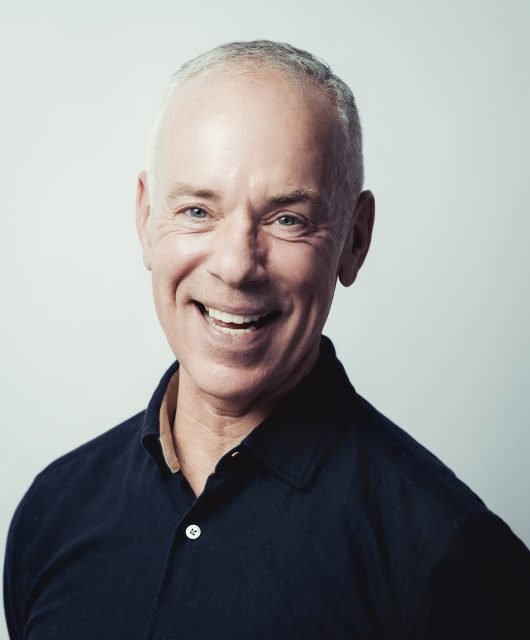Building Meaningful Brand-Consumer Connections With Gen Z: Q&A With FP7 McCann MENA’s Mario Morby
Say hello to Generation Z! Brands’ focus are currently shifting from millennials to GenZers, stirring a controversial dilemma on whether this consumer group is really influential or just an exaggerated version of millennials.
We’ve exclusively interviewed Mario Morby , Head of Planning at FP7 McCann Dubai, for his take on what Gen Z are looking for in a brand.
BB: Change is the new constant. That being said, staying relevant and becoming adaptable have become crucial brand differentiators. In your opinion, how can brands stay true to their DNA and sustain growth while embracing change and maintaining relevance?
MM: The average tenure of a CMO is 3 years and the average agency-client relationship is between 2 and 3 years. And with every new appointment comes the desire to make an impact, an immediate one. That kind of short-termism pervades every part of culture. We’re stuck in the now. And that’s why we believe it’s important for businesses to define a meaningful role that they can play in people’s lives. This purpose, when articulated, becomes the north star that guides all other marketing and corporate activities. This is how brands can adapt and change but still retain a meaning and value in the minds of stakeholders, shareholders and customers.

BB: Millennials aside, the next breed of consumers are here and accounting for a significant chunk of the buying power,Gen Z. In a nutshell, how would you describe the fundamental characteristics of their behaviour towards brands ? What are their drivers ? and what influences their buying decisions ?
MM: The most interesting thing about Gen Z is that they’re the offspring of Gen X; and that’s what makes them different to millennials. Their views are shaped by a generation whose values were defined by social independence, cultural clashes and geo-political instability. And history is repeating itself. That’s why when it comes to brands, they’re interested in the ones that empower them to be self-sufficient, drive change and stand for something meaningful.
BB: Gen Z are known to be ‘digital natives’. How can bands of today design an effective engagement strategy with such a digital-savvy consumer group ?
MM: Engaging this audience or cohort is no different to any other; people aren’t attracted to channels they’re attracted to things that interest them. So, the engagement strategy should focus first and foremost on producing content that is creative, entertaining and interesting.
BB: How brands can seduce Generation Z? What they’re looking for in a brand?
MM: Gen Z are all about control, doing things on their terms so the first thing they want from brands is to back off and stop spamming their feeds. Then it’s about being authentic and meaningful. They want brands to be honest, not to oversell and sure, sell a product, but try to do good along the way.
BB: Gen Z are attracted to brands that purposeful and conscious. Can you mention some ins and outs for brands to stay relevant to this newly bred consumer group?
MM: Brands must be authentic; real and relatable. And they must be consistent. Also, this audience lives in the now so convenience and immediacy are key. This is how a brand creates and maintains relevancy.
BB: Can you name three brands that are hallmarks in building brand relevance with Gen Z?
MM:Coca Cola for authenticity.
Netflix/Spotify for immediacy.
Nike for empowerment.
BB: One of the challenges that face brands when trying to be relevant with Gen Z is that their favorite brands are also shared by older generations. How can brands appeal to Gen Z and at the same time don’t lost other loyal consumer groups ?
MM: Two things: 1) brands can’t grow unless they reach the widest possible audience. 2) there is no loyalty. The most popular brands for Gen Z are likely to be the same for Millennials and Gen X, so unless you’re operating in a category where self-projection and the choice of brand are closely aligned (like fashion or automotive) this isn’t a concern for us.





